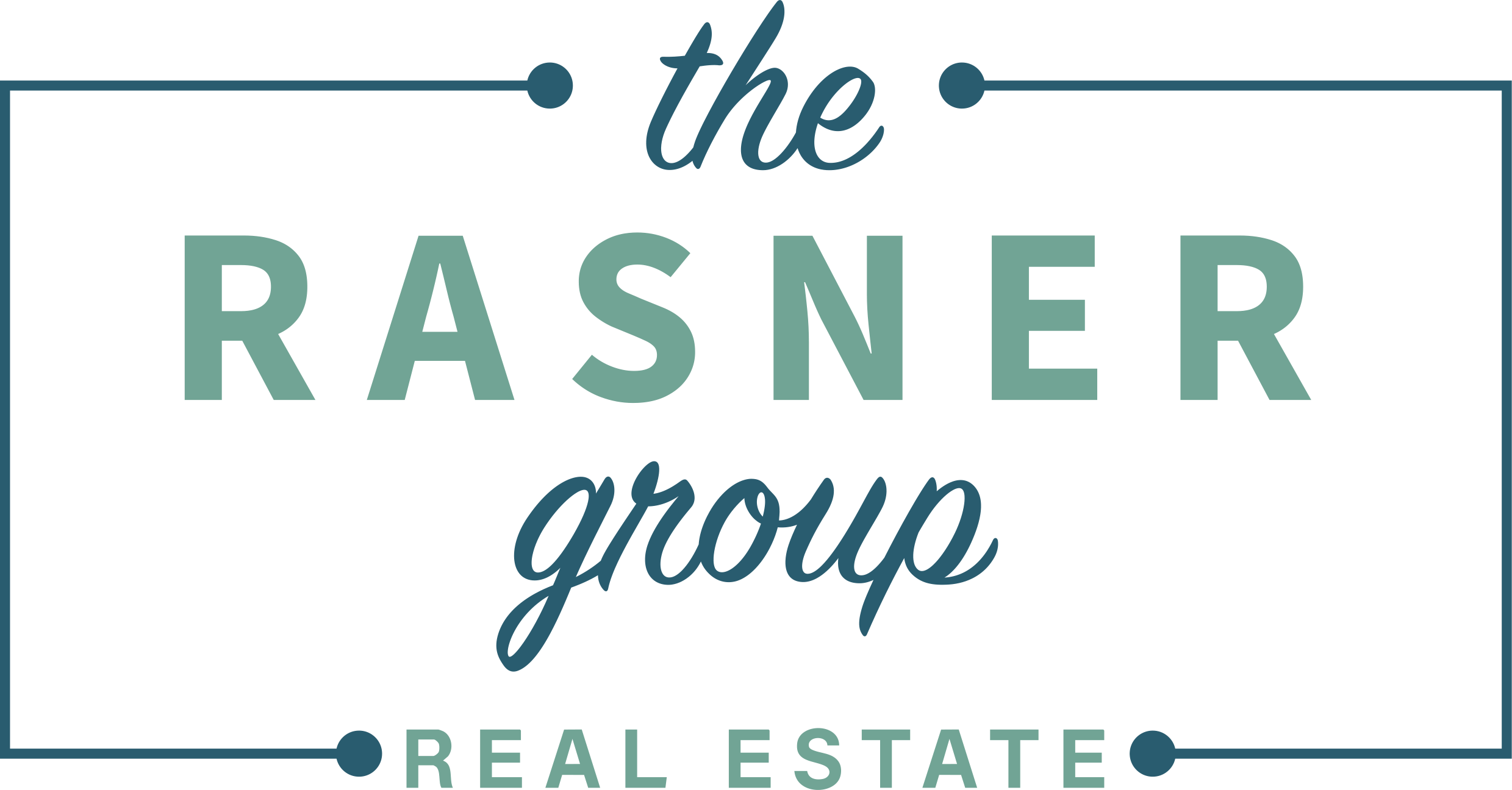Top Reasons That Hold You Back from Buying a Home and How to Overcome Them
The pursuit of the American Dream has long been synonymous with owning a home. For many, it represents a milestone of financial success and stability. However, there are several barriers and obstacles that often stand in the way of turning this dream into reality. Let's delve into the top reasons that hold people back from buying a home and explore effective strategies to overcome them.
Barriers to Homeownership: Obstacles to Buying a Home
Before we discuss how to overcome these barriers, let's first identify the most common obstacles that potential homebuyers face:
1. Financial Concerns: Affordability and Down Payment
Lack of Savings for a Down Payment
One of the most significant roadblocks to homeownership is the challenge of saving enough for a down payment. It's no secret that coming up with a substantial sum of money can be daunting. However, there are ways to make it more manageable.
One effective strategy is to explore Down Payment Assistance Programs. These programs are designed to help individuals and families bridge the gap between their savings and the required down payment. They can provide grants, low-interest loans, or other financial assistance to eligible homebuyers.
Another crucial step is to create a Budget and Savings Plan. By carefully assessing your income, expenses, and financial goals, you can develop a realistic savings plan that gradually builds up your down payment fund.
Additionally, consider exploring Low-Down-Payment Mortgage Options. Some mortgage programs require smaller down payments, making homeownership more accessible. However, it's essential to understand the terms and conditions associated with these mortgages to ensure they align with your financial situation.
Misconceptions about Affordability
There's a common misconception that homeownership is out of reach for many due to high monthly mortgage payments. This misconception can deter potential buyers from even considering homeownership.
To combat this, start by accurately calculating your budget. Understand your monthly income, expenses, and debt obligations. With a clear picture of your financial situation, you can determine how much you can comfortably afford to spend on housing.
It's also beneficial to explore Affordable Housing Markets. In some areas, housing prices are more reasonable, making it easier to find an affordable home that fits your budget.
For those who are open to it, Shared Ownership or Co-Buying can be a viable option. By sharing the financial responsibilities of homeownership with others, you can reduce the individual financial burden and make homeownership attainable.
Fear of Mortgage Debt
The idea of taking on a significant mortgage debt can be intimidating. However, it's essential to understand that a mortgage is often a manageable financial tool, and it can actually be a stepping stone to building wealth.
To address the fear of mortgage debt, start by Educating Yourself About Mortgage Types. There are various mortgage options available, each with its own terms and conditions. By learning about them, you can choose the one that aligns best with your financial goals and comfort level.
Consider speaking with a Financial Advisor who specializes in homeownership. They can provide personalized guidance and help you navigate the financial aspects of buying a home.
Finally, understand how Home Equity Builds Wealth. Over time, as you make mortgage payments, you build equity in your home. This equity can be a valuable asset and a source of financial stability.
2. Credit Score and Mortgage Approval Worries
Poor Credit History or Low Credit Score
Your credit score plays a pivotal role in mortgage approval. A poor credit history or low credit score can create significant obstacles to homeownership. However, there are steps you can take to improve your creditworthiness.
Start by Checking Your Credit Report for Errors. Mistakes on your credit report can negatively impact your score, so it's crucial to identify and dispute any inaccuracies.
Additionally, focus on Paying Bills on Time and Reducing Debt. Consistently making payments on time and reducing outstanding debts can have a positive impact on your credit score over time.
If you find that your credit situation is particularly challenging, consider seeking Professional Credit Counseling. Credit counselors can work with you to develop a plan for improving your credit and getting on the path to homeownership.
Anxiety About the Mortgage Approval Process
The mortgage approval process can be complex, and it's natural to feel anxious about it, especially if you're a first-time homebuyer. However, there are ways to demystify the process and increase your confidence.
Start by Getting Pre-Approved for a Mortgage. This step involves providing your financial information to a lender, who will then determine how much they are willing to lend you. Having a pre-approval letter in hand can make you a more attractive buyer to sellers and can help you set a realistic budget.
Understand the Documentation Requirements for a mortgage application. Lenders will require various documents, such as tax returns, pay stubs, and bank statements. Being prepared with these documents can streamline the process and prevent delays.
Choose a Reputable Mortgage Lender who can guide you through the process and provide clear explanations of the steps involved. Research different lenders, read reviews, and ask for recommendations from friends or family.
3. Lifestyle Flexibility and Commitment Concerns
Desire for Flexibility vs. Long-Term Commitment
Some individuals value flexibility in their living arrangements and are hesitant about long-term commitments like homeownership. However, it's essential to consider the advantages that homeownership can offer.
Engage in the Renting vs. Buying Debate with a critical eye. While renting provides flexibility, homeownership can offer stability and the potential for long-term financial gain.
Additionally, explore the Benefits of Homeownership Over Renting. These benefits include building equity, potential tax advantages, and the ability to personalize and invest in your living space.
For those who are concerned about the long-term commitment of a 30-year mortgage, consider Shorter Mortgage Terms. You can opt for a 15-year mortgage, which allows you to pay off your home more quickly while still enjoying the benefits of ownership.
Aversion to Maintenance Responsibilities of Owning a Home
Owning a home comes with maintenance responsibilities that some individuals find daunting. However, there are ways to make home maintenance more manageable.
Start by budgeting for Maintenance and Repairs. Set aside a portion of your budget specifically for home maintenance, so you're financially prepared when unexpected repairs arise.
Explore Low-Maintenance Housing Options. Some homes require less maintenance than others, so consider properties that align with your maintenance comfort level.
If you're not comfortable with DIY repairs and maintenance, consider hiring Professional Services. Contractors and service providers can handle tasks like plumbing, electrical work, and landscaping, freeing you from the burden of these responsibilities.
4. Housing Market Uncertainty
Fear of Buying in an Unstable Market
Market volatility can create fear and uncertainty among potential homebuyers. While it's natural to be cautious, it's essential to consider the bigger picture.
Understand that Timing the Real Estate Market is Challenging. Predicting when prices will rise or fall is notoriously difficult. Instead of trying to time the market perfectly, focus on your long-term housing needs and financial goals.
Consult with a Knowledgeable Real Estate Agent who can provide insights into the local market conditions. They can help you make informed decisions based on your unique circumstances.
Finally, remember that homeownership can be a wise investment even during uncertain times. Historically, real estate has shown resilience and the potential for long-term appreciation.
Waiting for Prices to Drop or Interest Rates to Decrease
Some potential buyers hesitate, hoping for a better deal in the future. While this strategy can pay off in certain circumstances, it's important to be cautious about waiting indefinitely.
Monitor Housing Market Predictions to gain a better understanding of where the market may be heading. While predictions are not always accurate, they can provide valuable insights.
Consider Locking in a Favorable Interest Rate when rates are low. Interest rates can have a significant impact on your monthly mortgage payments, so taking advantage of low rates can save you money over the life of your loan.
Furthermore, understand that Advantages of Buying During Uncertain Times exist. Sellers may be more willing to negotiate, and you may have less competition from other buyers.
Overcoming Barriers and Taking Steps Towards Homeownership
Homeownership remains an integral part of the American Dream. By addressing financial concerns, improving credit, understanding commitment, and navigating market uncertainties, you can take concrete steps toward making this dream a reality. Remember, homeownership is not just a financial investment; it's an investment in your future, your stability, and your community. Don't let these barriers deter you; overcome them and start your journey toward owning your own home today. In the end, it's about achieving the security and comfort that homeownership can provide, turning your American Dream into a lasting reality.




